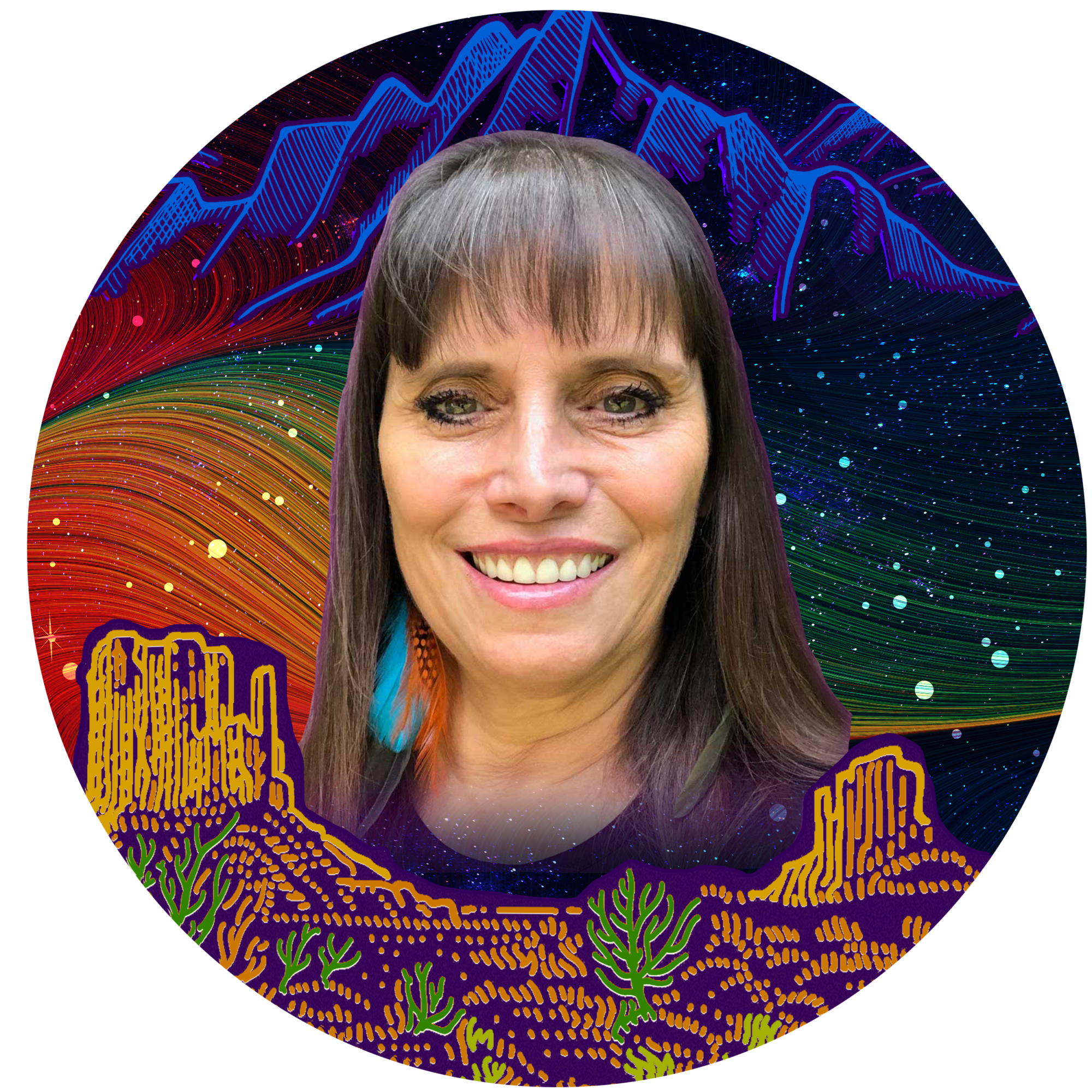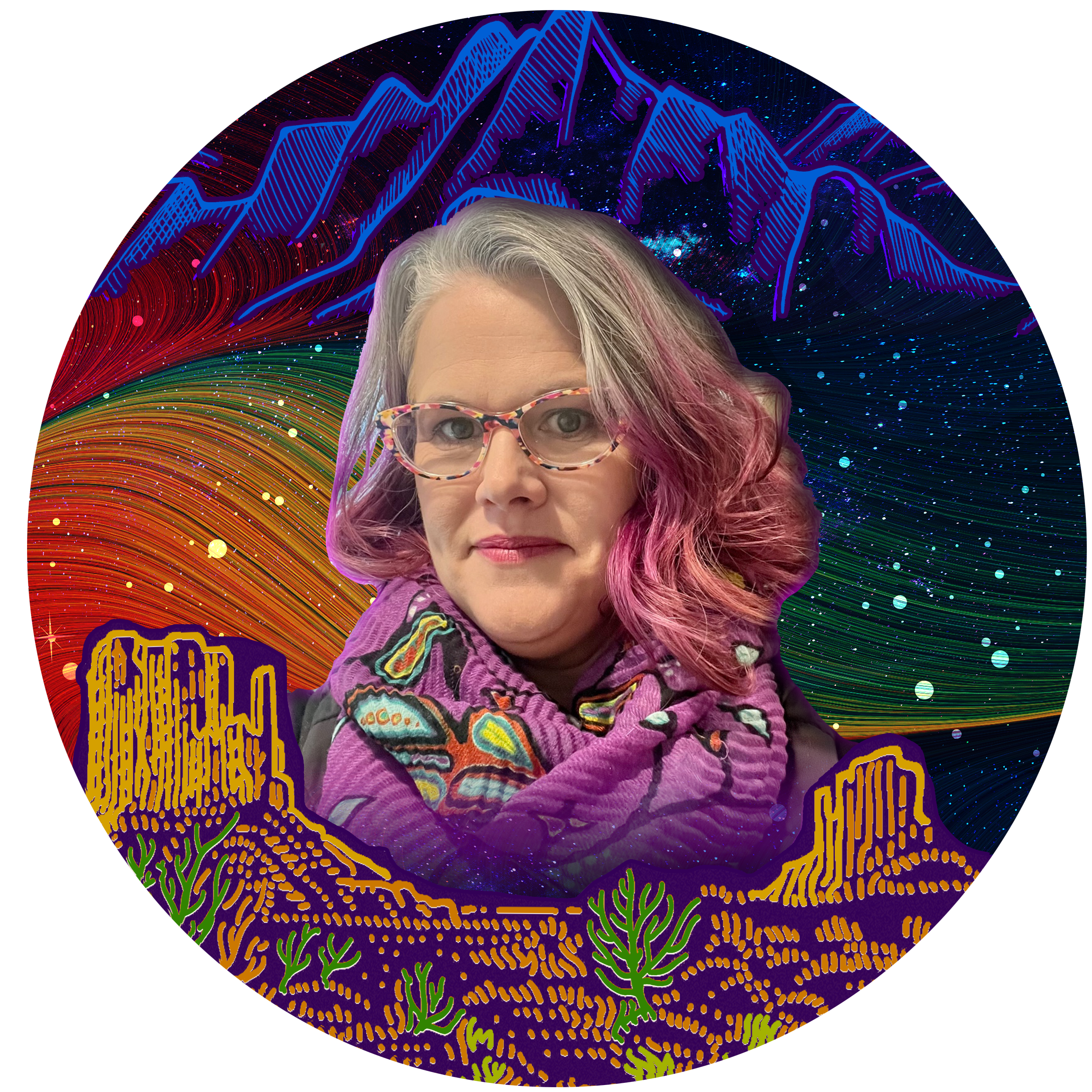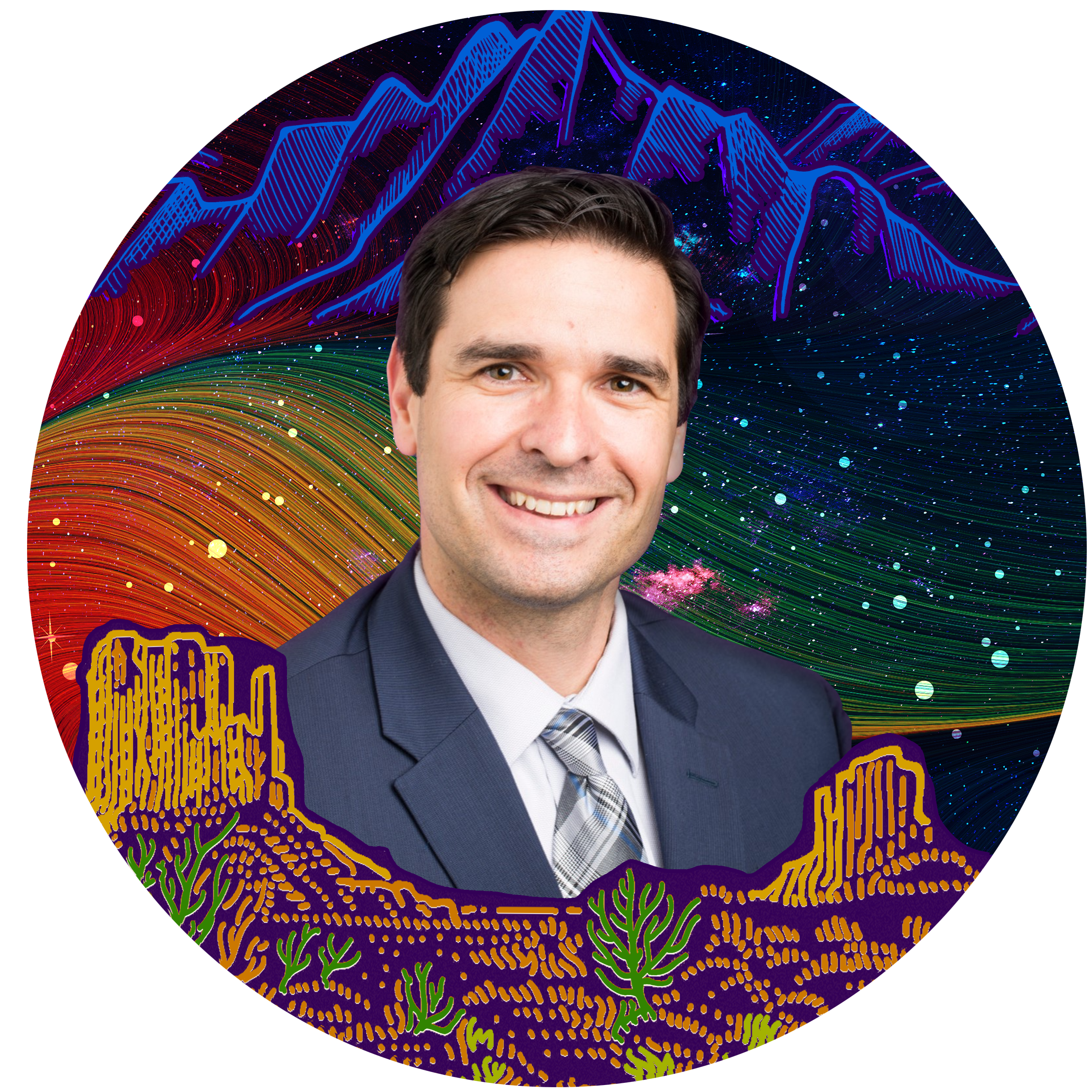Out of the Hollows
I love to name things. All sorts of things, like new businesses, fresh stories, puppies, a friend’s artworks. I sometimes have an idea for an invention and part of the fun is giving it a catchy name, although I’ve never built a prototype for any of them. As a maker of many things, creating something from a place of unknowing and naming it is like a christening, a defining moment that says, “This is alive, this exists.” And such are moments in our lives that emerge to be remembered. They say to us, “This is real. This experience has purpose. Name me.” Recently, I had one such moment, which in its naming, found a place of consecration.
I offer the title, Out of the Hollows, to carve out a vulnerable, sentient experience. I chisel its name deeply like a memorial stone for myself and for any who might pass this Way. In oral tradition, literature, and media, the idea of hollows—those glacier-carved valleys of deep woods and widening rivers—are often living apertures into the stuff of dreams and story. Hollows remind us of mysterious, dark forests whose thick, overarching trees hasten the journey of wayfarers, or dripping, concrete underworlds of today’s urban fantasy. They represent worlds of things dark, things hiding, things unknown.
This naming came easily from a surprising revelation. Whether provided by Creator, Son, or Holy Spirit (I rarely know the Who of these things at the time), the wonder of it spoke in its imagery. I pondered it as if it were a parable calling, “Look! Here’s something just for you,” within its shadows. It came one morning while I was quiet, contemplating Christ’s words to his disciples that the Kingdom of God is within. Head tilted back, eyes closed, I silently prayed, “Is there something within, something I need to know today?”
Immediately, my mind was drawn to the center of my body where I ‘spiritually’ gazed, eyes still closed, upon an image of a cave. It was clearly a rock formation with walls and ceiling, a jagged, cave-like space, empty and dark. Indeed, it was hollow. I had a knowing that some things had once filled it but had died there. What were those things? Dreams that had withered long ago, brown and paper-thin, as frail as violets? Overambitious work that had burned up all the oxygen in the same way it had burned me out? Failures that had scorched the walls and evaporated, disappointments turned to dust? As quickly as the image appeared, it disappeared.
I replayed the image in my mind, this rock-hollowness, this dark space, this cave within. The answers to my questions were obvious. Yes. And yes and yes and yes. All that. I’m sure, more. It wasn’t sorrowful. It wasn’t regretful. It just was. The place where things hidden give up and die. I inhaled a slow, deep breath, and if you can believe it, I knew the timing of the revelation was connected to this devotion. There was a promise, somewhere from a place of unknowing, in Holy Monday.
For with you is the fountain of life; in your light we see light. Psalm 36:9
These words grabbed me from the reading. When your heart leaps and you hear it say, “I believe that,” believe that! I read it again: from the depths of our being in him springs a fountain of life, a light that causes us to see light where there was no light. Like a composer who rushes to a piano, I turned to the rest of the reading and wrote the words of Psalm 36:5-7 to make it my own:
O Love that never ends
From earth to sky like wind that touches everything
Is in everything, IS everything
Your faithfulness expands to the highest clouds
Your righteousness like mighty mountains steadies me
As we are plunged deep in Righteous Love
And emerge from your sea as Love
How precious is your love, O Trusted One!
Close to your breast, within your wings, we are safe.
O Love that never ends… O Trusted One… Your righteousness like mighty mountains steadies me. I was deeply stirred in my heart while my mind was blown away. You must understand, it had been a very long time since I had been deeply stirred. It was so clear. He desired to pull me from my hollow places, expand me far beyond my hiddenness. And I was reminded of another cave. It was a tomb, a new tomb, cut out of a rock for the rich man, Joseph of Arimathea. At the end of Passover week, it would become the dark hollows of Jesus’ tomb.
Jesus knew about tombs. He had visited one not long before and shocked a crowd by calling his friend, Lazarus, out of his tomb. No small miracle after decomposing for four days. Imagine that night they were together again in Bethany, Lazarus—newly raised from the realms of the dead—and Jesus, placing his ultimate trust in Father that he, too, would soon defy death. Lazarus’ sister, Mary, bowed at Jesus’ feet and poured a whole pound of very costly oil, pure ‘nard’ or ‘spikenard’, on Jesus’ feet, lovingly wiping them with her hair. The whole house exploded with a beautiful fragrance (John 12:1-11). This oil is mentioned only one other time in the Scriptures, in the first chapter of Song of Solomon. In that passage, the bride’s fragrance of nard also filled the room where her beloved king was at his table.
“This is for my burial,” Jesus prophesied to the dinner party. I’m sure you could have heard a pin drop. He leaned back in the awkward silence, not threatened by darkness, by aloneness, by death, by a grave sealed in stone. He trusted down to his very core the reality penned by another prophet, Isaiah:
Thus says God, the Lord,
who created the heavens and stretched them out,
who spread out the earth and what comes from it,
who gives breath to the people on it
and spirit to those who walk in it:
“I am the Lord; I have called you in righteousness;
I will take you by the hand and keep you…”
-Isaiah 42:5-6
He was confident in the Love that never ends. From earth to sky like wind that touches everything, he knew the God who is steadfast, who is faithful. He created the heavens and stretched them out and they are still expanding in this very moment. And we are expanding because of his breath and his spirit.
I am grateful for the imagery of the empty cave where dreams died and ambitions failed. There nothing dark remains, nothing is hiding or unknown. This unusual revelation was an act of Love so that I can emerge from a sea of Love. Life bursts forth from our tomb! Hand in hand, Creator fills our hollow places and together, we chisel out the memorial stone for others who pass this Way, the stuff of dreams and story.
On this Holy Monday, in his light I see light. Out of the hollows, I arise.

Laura Marshall Clark is a member of the Muscogee (Creek) Nation and independent curator, interdisciplinary scholar, and author. She is a lecturer at the University of Houston in Native American spirituality and was a Fulbright U.S. Scholar to Ireland at the University College Cork in 2021, teaching Native American literature. Clark was the 2019 Scholarly Fellow at the Institute of American Indian Arts (IAIA) in Santa Fe, New Mexico, and most recently, curated two Indigenous fine art exhibitions in Oklahoma and New Mexico in 2022.
Clark earned an M.A. from the University of Oklahoma, Norman, in Native American studies and B.A. in political science from East Central University in Ada, Okla. She has been a consultant to state and tribal programs, museums, and businesses through her company, WildHorse Consulting, LLC.



Unbound Social